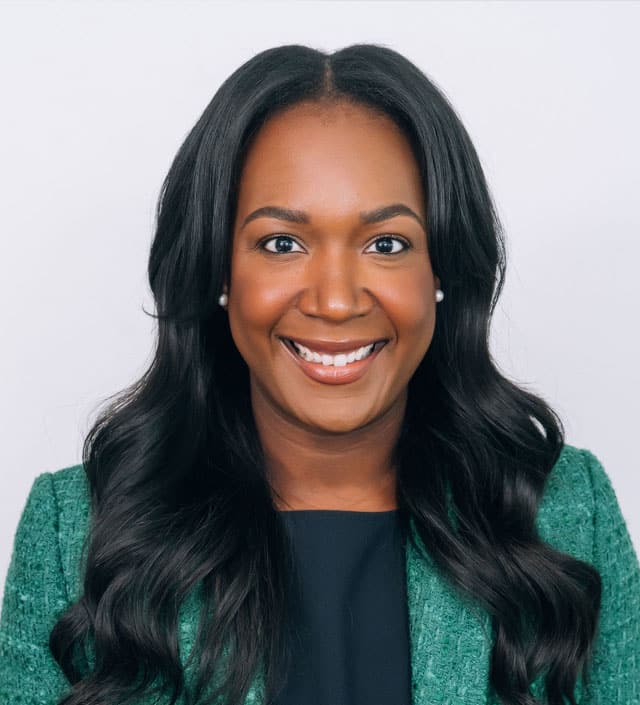Financial advisors are “voting with their feet” and leaving firms that have subpar tech, according to a new study by financial technology company Advisor360.
Out of 300 financial advisors surveyed for the 2024 Connected Wealth Report, 92% say they would switch firms because of a poor technology setup. Strikingly, 44% say they already have done so. And 58% report losing new business over bad tech, while 93% who rate their tech highly gained new customers from competitors.
Study leader Jeff Schwantz, chief revenue officer at Advisor 360, isn’t surprised.
“Advisors are taking a very proactive approach to future-proofing their organization and their practice,” Schwantz says. “We see advisors being very action oriented. When their needs are not being met, they’re voting with their feet.”
Advisors’ top complaints about their current tech are bad data (61%), not enough automation/AI-enabled capabilities (59%), and lack of end investor/end client capabilities (57%), according to the report. Also cited were lack of integration of tools and apps (38%) and outdated tools/lack of functionality (37%).
The flight of disgruntled advisors could stem from a couple of causes, Schwantz theorizes. “Maybe investment … is concentrated in fewer firms and not everybody’s getting it, which is why we’re getting the sentiment from advisors that they’re not happy with the tech and the data that they’re provided today,” he says. Or, he says, “The investments that have actually been made just aren’t the right ones, and therefore, advisors are just not happy with that.”
Explaining advisor concerns about data, Schwantz says it’s challenging to maintain up-to-date and holistic figures even in basic cases.
“Think about how complicated—even in the most simple household—finances can be. How do you bring together everything that’s important to a household? It’s your banking, it’s your credit, it’s your investments, it’s your insurance. It’s all of those things. So, number one, how do we get that information to come together so that we can assemble it and start to assemble decision trade-offs?”
“If you have data that’s three or four days old, does that instill a lot of confidence and trust from the consumer? … We live in a real-time environment right now,” Schwantz says. “It’s got to be holistic, but it has to be accurate and timely.”
AI reduces workload dramatically
Advisors listed insufficient automation/AI-enabled capabilities as their second biggest complaint for good reason, Schwantz says, because artificial intelligence can drastically reduce the time spent on routine tasks.
“Meeting preparation for most advisors … took an average four hours for every single client meeting. We can do that in less than a minute now,” he says, because of “the ability to bring information data in a report and assemble it in a way that consumers can understand.”
That kind of automation can allow advisors to easily take on more clients and grow their business, he adds. “If they’re serving 110 ,120, 150 households today, what’s their ability to go add another 15 or 20 households? To help their practice grow. And for advisors looking at AI, the promise of that is it seems real and tangible in the not-so-distant future.”
Advisors surveyed ranked increased efficiency around client onboarding as their top tech priority, followed by marketing/prospecting, financial plan development, document gathering, preparing reports and client meeting prep.
Today’s tech has radically changed onboarding, Schwantz says. “This is one of the opportunities that was very paper based — fill out a form or fill out a PDF manually.” Now you can take that data and open multiple accounts, deliver information electronically and have clients sign off electronically “so we’re not walking around with shoe boxes,” he says.
Those near retirement connect the most
Advisors have mixed views on how client age affects their communication preferences. Almost half say that younger clients require less communication, while about a third put their communication needs on par with older generations, according to the report. But Schwantz says the big surprise is which age group is accessing client portals the most.
Some advisors say it’s clients in their 40s, others say it’s clients in their 20s, he says. However, “you see one bar that just jumps off the chart, like four or five six times larger than anything else. It was the people that were 62.”
It’s easy to see why people approaching retirement are the most connected, Schwantz says.
“Is today the day that I can retire?” he imagines a client asking. “They’re looking at their financial plans or their net worth, and they’re trying to figure out. … is this the year that we can actually do it and feel comfortable?”
“That goes back to how important is having that timely, relevant information presented in a way that people can understand it and digest it and make trade-offs all the way through this whole cycle,” he says.
Regarding client communications, all advisors in the survey agree social media should be integrated with their platform. Their preferences are: LinkedIn (64%), X/Twitter (63%), Facebook (56%), YouTube (48%), Threads (21%), and TikTok (14%). No advisor says their platform shouldn’t social media.
The Advisor360 report was based on a survey of 300 advisors conducted by email in September and October 2023. Of the respondents, 46% were advisors, 32% were executives, such as head of wealth management, and 22% were trust officers. Average assets under management were $40 million, and average age of respondents was 36.
Schwantz says the survey results demonstrate the importance to firms of maintaining up-to-date tech.
“The cost of not investing in this is going to be much greater than the cost of doing something,” he says. “When advisors leave because they’re not happy because you haven’t invested (in new tech) the current, the future value of those revenues are very, very impactful. So, the cost of doing nothing is actually very, very large.”
In a four-decade career in journalism, Ed Prince has served as an editor with many of New Jersey’s leading newspapers, including the Star-Ledger, Asbury Park Press and Home News Tribune.







